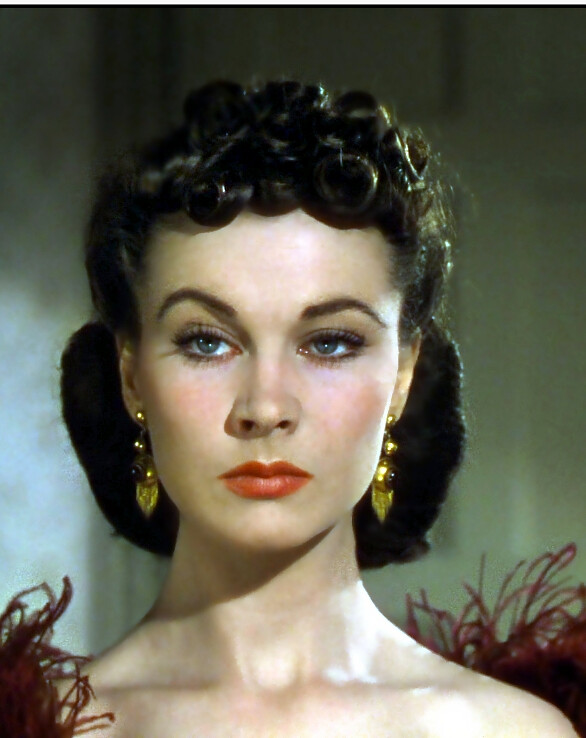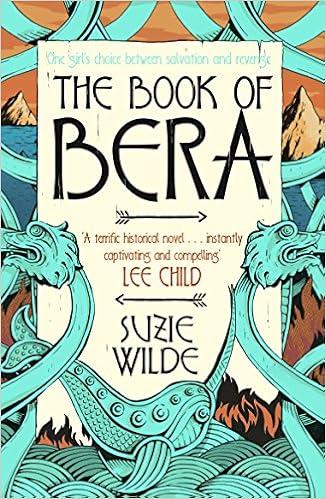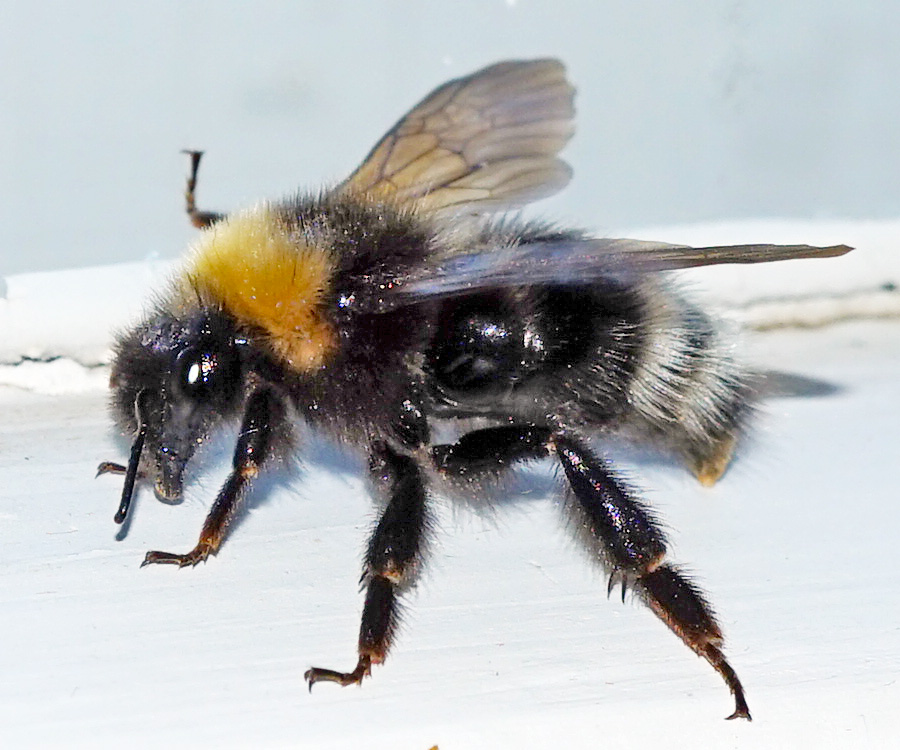It's almost September, the start of a new academic year, so here are some ways to kick start some new ideas.
TOP TIP ONE - What If?
via GIPHY
Ideas come from everywhere.
With an open mind you can pick up ideas like a magpie picks up shiny things.
The ideas behind my book More of Me came from:
1. Looking at old photographs of my daughter and wishing I could have kept all the previous versions of her - toddler Emily, six-year-old Emily, twelve-year-old Emily - maybe not fifteen-year-old Emily, that version was quite hard work.
2. And from observing the weird ways some insects reproduce - notably, aphids - what if that was exploited by science?
3. Remembering what it was like to be sixteen and feeling your life was being controlled by your parents - what if it really was?
These seem like random ideas but they came together to make an award-winning novel that was nominated for the Carnegie medal.
My new novel, Beauty Sleep, came from similar apparently disparate thoughts.
1. What if a girl from the eighties suddenly had to cope in a world where she's inundated with social media?
2. What if homelessness became a crime?
3. What if a great beauty product held a dark secret?
You'll see those two small but important words that are at the heart of every writer's work:
What If?
So that's my first and most important tip - build the question what if into everything you see/do/hear:
What if I'm doing the washing up and the drain expands and sucks me in?
What if I go to bed and when I wake up, I'm in a different century? ( I might write this one!)
What if my puppy gets bigger and BIGGER and BIGGER?
You get the idea. Hopefully.
Top Tip Two- If you're stuck, cheat.
via GIPHY
Use story prompt websites. They aren't really cheating, they're just lighting a match under your ready to burn tinder. Reddit is great :
https://www.reddit.com/r/WritingPrompts/
But there are dozens of these sites - have a google and find one that works for you.
TOP TIP THREE - Use some Imagination tools.
Okay, this is kind of like Top Tip Two but I just confessed to cheating and you can NEVER trust a writer.
Story Cubes: I've never used them but I know someone who has and got a book deal out of it! Jill Atkins threw a torch, an open book, and a keyhole. She wrote a story called Grandad's Magic Torch and Franklin Watts are publishing it for their Reading Champions series in April 2020. Jill has written over 100 books, so if it's good enough for her, it's good enough for me.
Prompt Cards: I have a stack of cards with about thirty characters, inciting incidents and decisions a character makes to prompt in writing workshops and they ALWAYS spark loads of ideas. It takes the pressure off to be given a trigger and quite often the writer rejects the card in favour of something else it's sparked off.
Other Writing: Dipping into history books, guides for tourist sites, science magazines, myth and legend books will all fire something in your brain, guaranteed. Even practical writing books can help, Marie Basting, author of the fabulous debut Princess BMX, says:
When I was unsure where to go with new project, I read 'Stealing Hollywood' by Alex Sokoloff which really got me back on track.
TOP TIP FOUR - Talk to other writers.
Teaming up with other writers is a great source of support, encouragement, and stimulation. I was stuck on a story when I went to my monthly SCBWi writers group and they made a couple of suggestions that turned my story around. Give the girl a friend and give her a magic way out. I tore up the script I'd just finished and started again - it's SO MUCH better. I haven't followed the advice exactly but their interest in my story kick-started something much more fun and imaginative.
I also asked my writer pals on twitter what they did to fire their story engines.
Mo O'Hara, the author of the Zombie Goldfish books, is a people watcher:
I people watch and listen to snippets of conversation. There is always a story.The other day I saw a really tough looking teenager in a hoodie with a giannormous cuddly toy. He was prob on a call but he looked like he was arguing with the Panda...story!GR Dix takes himself off for a trip:
I drive around the countryside / look at a map - daft village names = character names = inspiration!
As does Nina Wadcock:
Visit old places or graveyards and wonder whose stories are beneath my feet.
Top Tip Five - Lower your Crap-o-meter.
This is possibly the most useful tip I've ever been given and it was from our very own award-winning, best selling, Teri Terry. It's okay to write rubbish sometimes. You can edit later.
Get it writ, then get it right.
Don't hamstring yourself by trying to be perfect from the start. No book is perfect from the off. It's like expecting to chisel out the statue of David with the first couple of hammer taps. It's not going to happen. Take off the pressure and have some fun with your writing.
Happy writing everyone!
via GIPHY
Kathryn Evans latest book, the pacy, gripping thriller ( Sunday Express) Beauty Sleep, is out now.




























